I recently reviewed two books on higher education for the Wall Street Journal, James Axtell’s Wisdom’s Workshop: The Rise of the Modern University and Jonathan Cole’s Toward a More Perfect University.
Here are some excerpts from the review.
The claim is simple: Higher education is ripe for disruption. In recent years there has been a wave of publications expressing skepticism about the future of our colleges and universities—skepticism about the value of their educational outcomes, the deservedness of their social prestige, the sustainability of their business models. A sampling of titles tells the tale: “Academically Adrift,” “College Unbound,” “The End of College,” “Higher Education in Crisis.” No more, claimed the critics, would tuition costs continue to rise precipitously; no more would students accept packed lecture halls when they could watch star educators on their smartphones; no more would students clamor to get into a brand university without assurances that it would truly prepare them for life after graduation; no more would anyone assume that, just because a school was hard to get into, it must be worth a king’s ransom to attend. Economic, social and technological pressures, the story goes, will “disintermediate” traditional campus operations.
The titles of the two books under review here—“Wisdom’s Workshop: The Rise of the Modern University” and “Toward a More Perfect University”—point to a different view of where higher education is today and how it got there… These two authors are not disruptors. Both believe that American higher education can be improved, but they are confident that this improvement will occur through the evolution of its capacity for producing new knowledge and disseminating it.
Mr. Axtell takes the long view, showing us the medieval origins of the university, beginning with the need of the Catholic Church for more men with advanced training in philosophy, mathematics and law. Twelfth-century Arab scholars in Spain inspired the rethinking of interpretative assumptions, leading to new specializations and to institutions that we can recognize as the forerunners of our colleges today…
“Wisdom’s Workshop” describes how Oxford and Cambridge became models that inspired advanced schools in colonial America. Henry VIII’s “bear hug” of Oxbridge “made it difficult for them to distinguish affection from coercion,” Mr. Axtell writes. Henry VIII protected his professors as long as they toed the line—a Cambridge chancellor who didn’t was beheaded. The two institutions grew in size, stature and social import. After visiting the impressive new Oxford library in the early 17th century, James I remarked: “If I were not a king, I would wish to be a University man.”
Mr. Axtell has much ground to cover, and he does so lightly…The author notes that our first six presidents favored the creation of a national university, but he doesn’t spend much time discussing the American aversion to an organized, central institution of higher education. By the middle of the 19th century, the United States had become a “land of colleges,” and Mr. Axtell emphasizes that all of them, “whatever their funding, fulfilled a public function, producing citizens of a democratic republic and responsive to multiple constituencies.”
…In the last part of the 19th century, higher education in the United States changed dramatically. American students flocked to Berlin and other academic centers to experience new methods of inquiry, learning there that specialized, published research was what set the modern educational institution apart from public opinion, religion and government. These students were mostly wealthy and white—though there were important exceptions, like W.E.B. Du Bois.
Led by Harvard, the older, prestigious American institutions would eventually follow the German model, and new ones, like Johns Hopkins, were created to bring modern Germanic productivity to higher education in the New World. The research university may have started off speaking German, but it would ultimately flourish in the United States like nowhere else.
….
Jonathan Cole’s last book, ”The Great American University” (2009), argued that what has made our universities great is not so much the quality of their teaching (though he defends that, too) but the power of their research…In “Toward a More Perfect University,” Mr. Cole argues that we must restore trust among the government, the public and higher ed. He examines regulations imposed by Washington on universities and sees many of them as symptoms of the distrust between the public and those who value the free inquiry at the heart of the academic enterprise. As in the 16th century, today’s governmental interest in universities is often more about suspicion and coercion than affection and support. And, I would add, in the pursuit of specialization many universities have abandoned the tradition of pragmatic liberal education and failed to connect their academic mission to the public good.
Mr. Cole explains how, in the 19th century, the federal government’s two Morrill Acts—in the 1860s and 1890s—helped establish, with land grants, the great public universities that would educate large numbers of undergraduates while fostering high-level research. During World War II, universities saw funding soar for scientific inquiry that could aid the military effort, and after the Allied victory, the GI Bill of Rights ensured that schools across the country would be able to provide returning soldiers with access to higher education. In the 1950s, Cold War competition helped guarantee that Washington would continue to allocate extraordinary sums of money to maintain a scientific, even a cultural, advantage.
Today, Mr. Cole writes, “the federal government needs a plan as bold and ambitious as the Morrill Act and the GI Bill.” He proposes a “Morrill Act III,” with, among other things, coordinated academic efforts among prestigious universities to reduce duplication and to offer the best students increased access to the most powerful researchers—an Ivy League of academic cooperation.
…
Mr. Cole implores the great (and wealthy) schools to start playing more of a role in secondary education so as to model what kind of preparation would best serve high-school grads for advanced work in any number of disciplines. He also recommends expanding the number of students served by elite schools, reducing the number of graduate programs in fields where there are few jobs, and improving the curriculum and teaching in professional schools. Following on the work of Columbia economist Joseph Stiglitz, Mr. Cole writes that “unless Americans come to grips with the rising inequality of income and wealth among our citizens, we will fail to have the resources necessary for providing opportunity and access to higher education for many children of middle-class families.” Perhaps the greatest threat to universities today, in other words, is the inequality rampant in our society. And without the support of the middle class, public trust will never be rebuilt.
For all their faults, our universities have traditionally promised the possibility of social mobility through learning. They’ve served the wealthy, to be sure, but they have not just been about the accumulation of privilege. That is changing. In the beginning of the 20th century, Du Bois stressed that education was empowerment, especially for the disenfranchised, and pragmatists like Jane Addams and John Dewey described how teaching and research could be linked to the public good in ways that enhanced democracy rather than elitism. Mr. Cole is surely right that rebuilding the trust between the people’s representatives and great universities is essential—not just for the benefit of the happy few on campus but for the country as a whole.
In this time of anti-intellectualism—whether technocratic or populist—we don’t need more smug disruptors. We need more hopeful builders. They will remind us of the democratic aspirations of pragmatic liberal education while recalling that the ambitions of our finest universities help fulfill the dreams of our best selves as a people.



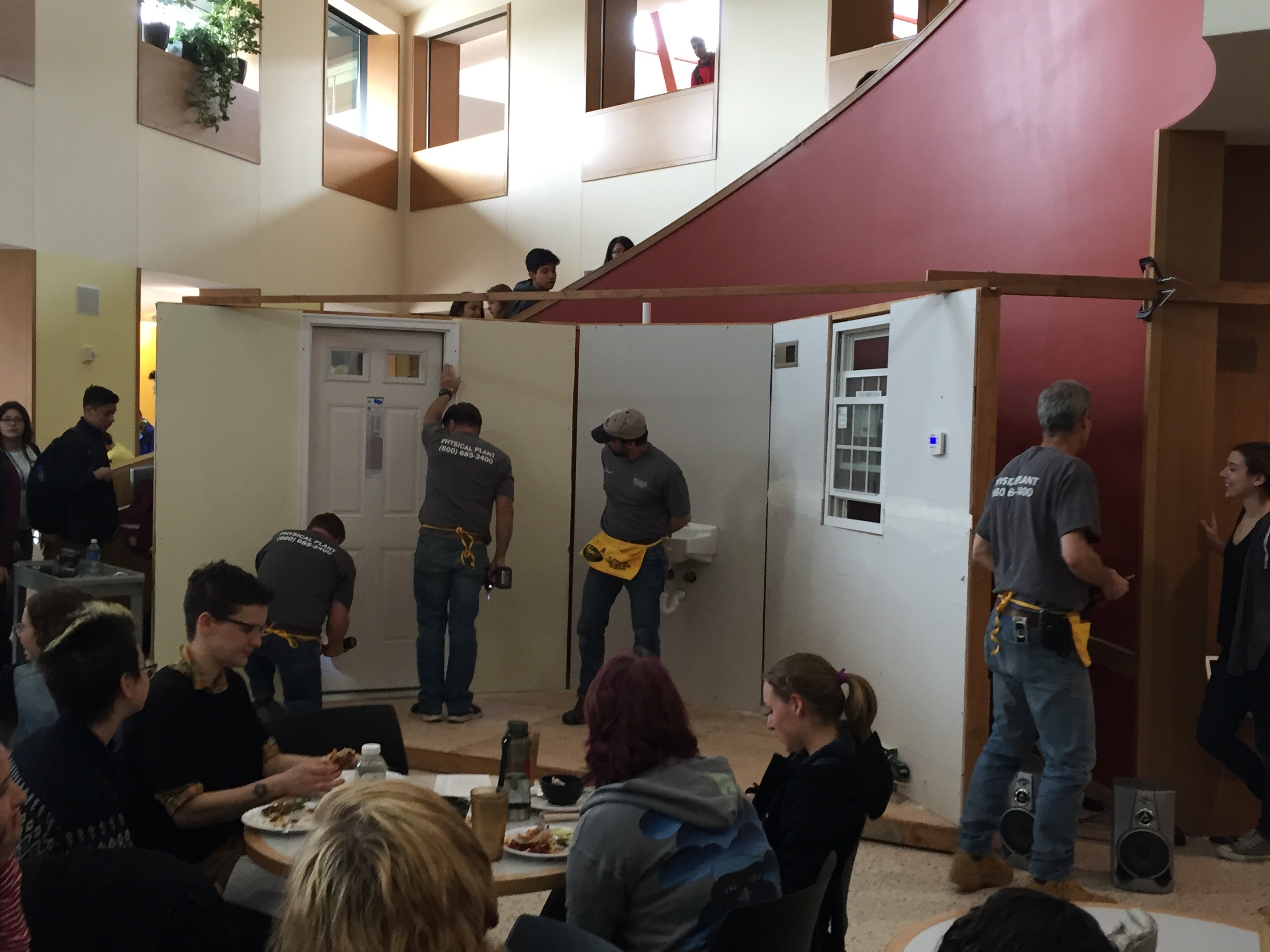
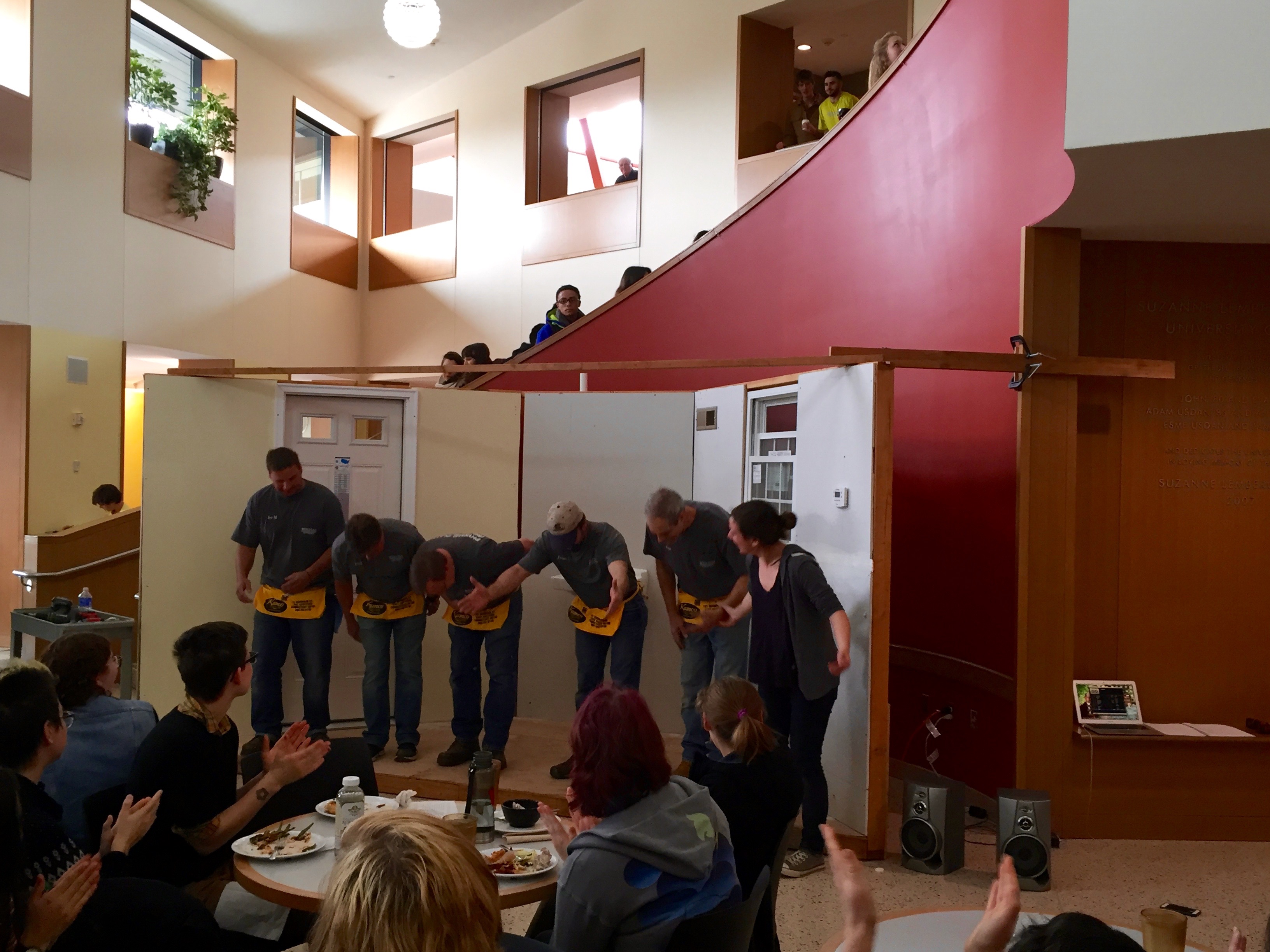
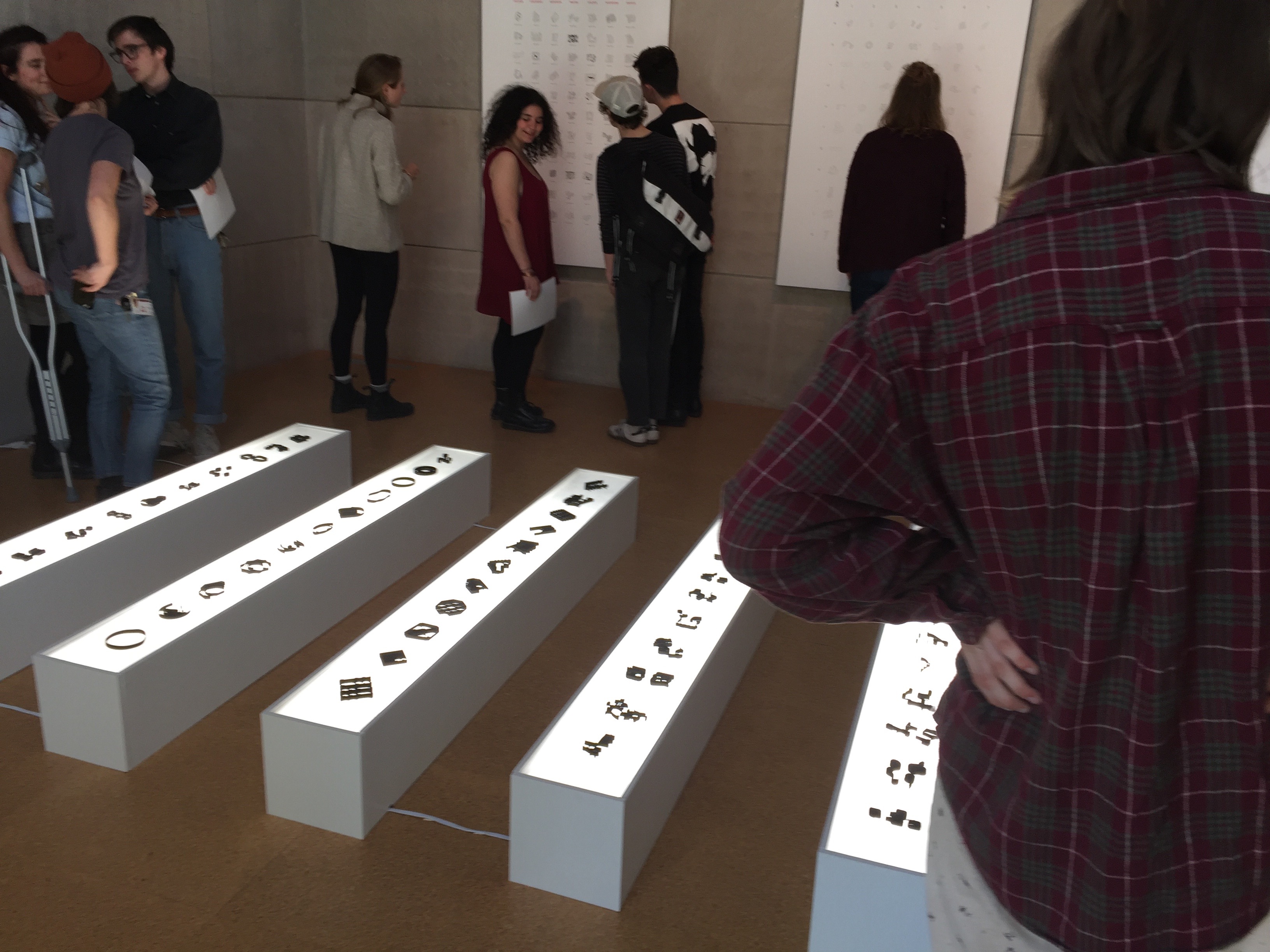
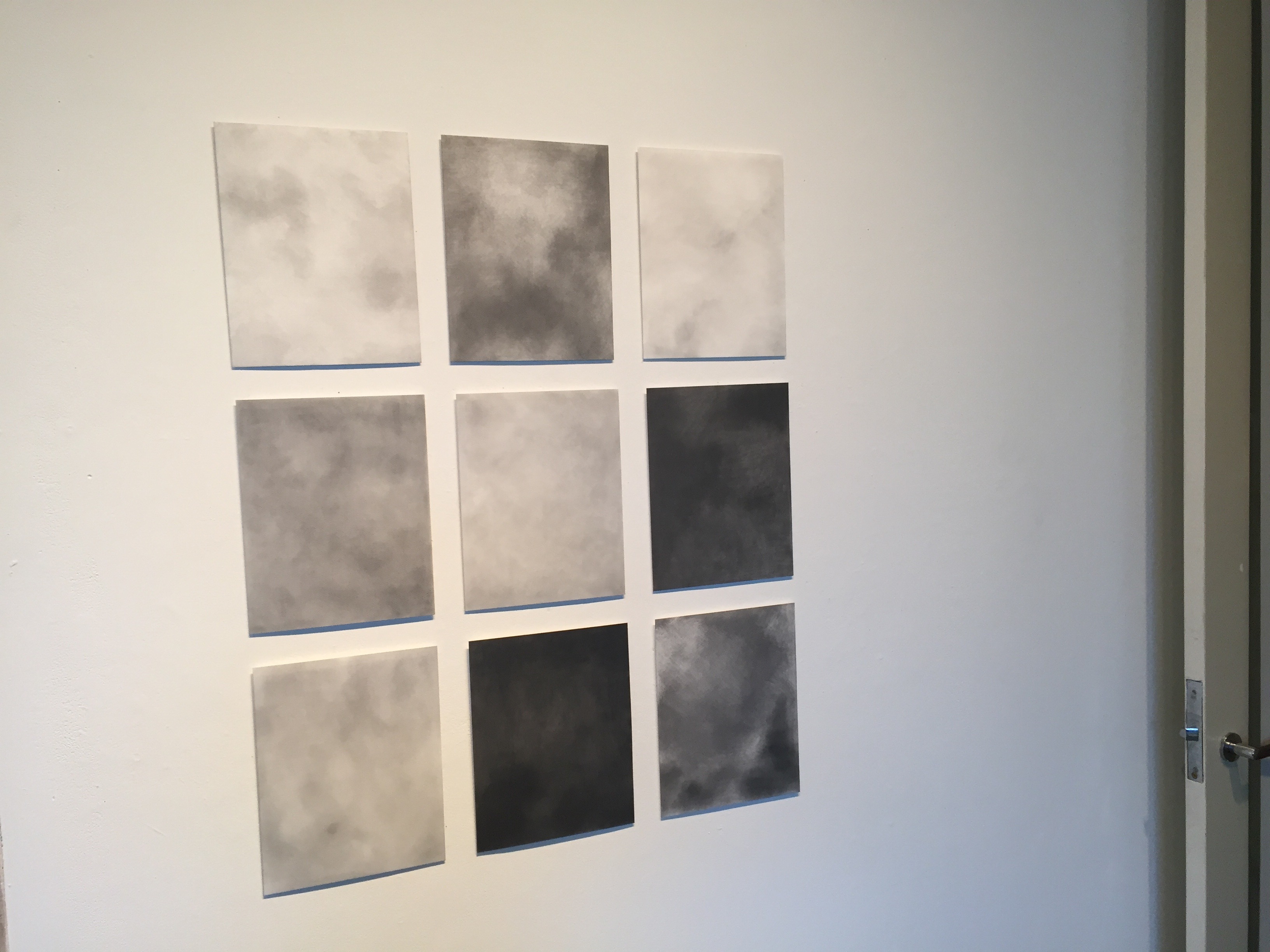
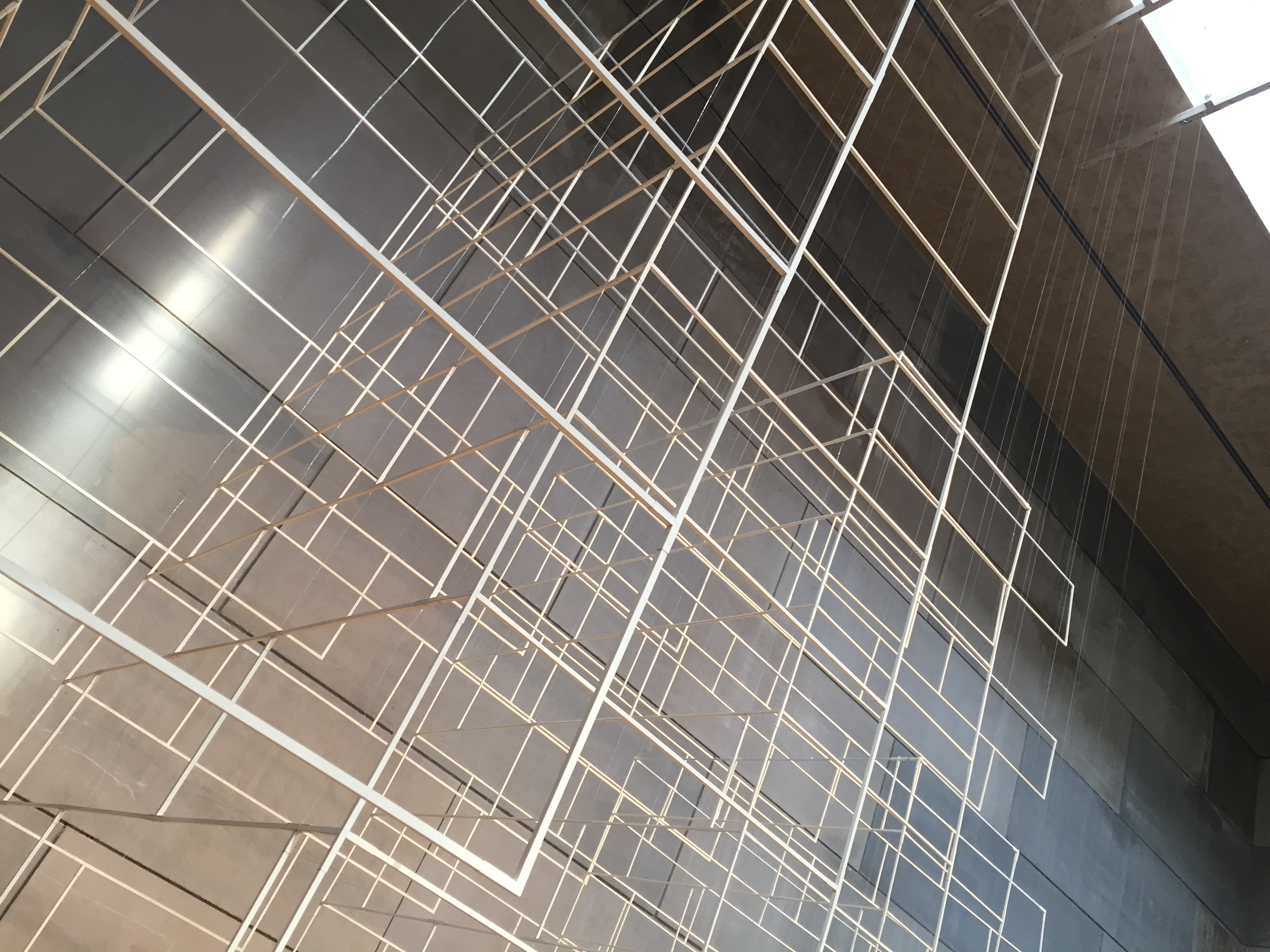
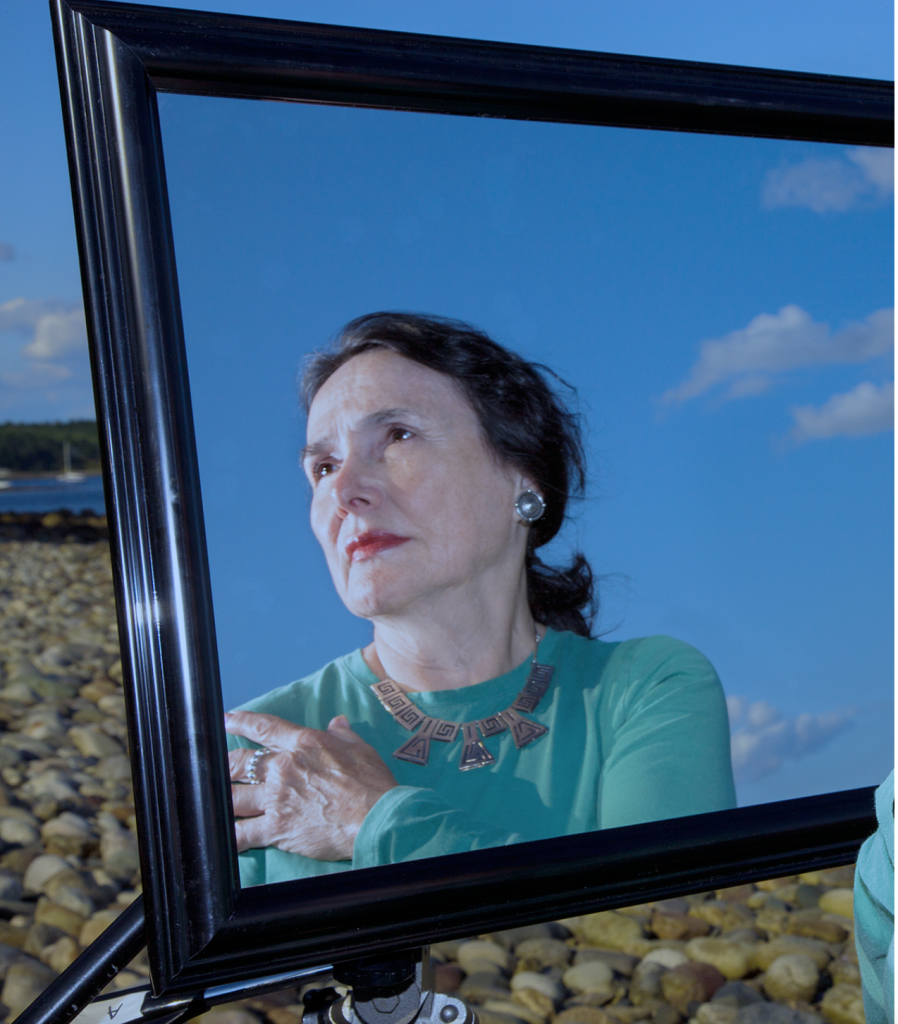
![IMG_2171[1]](https://roth.blogs.wesleyan.edu/files/2016/03/IMG_21711-e1458050162804.jpg)
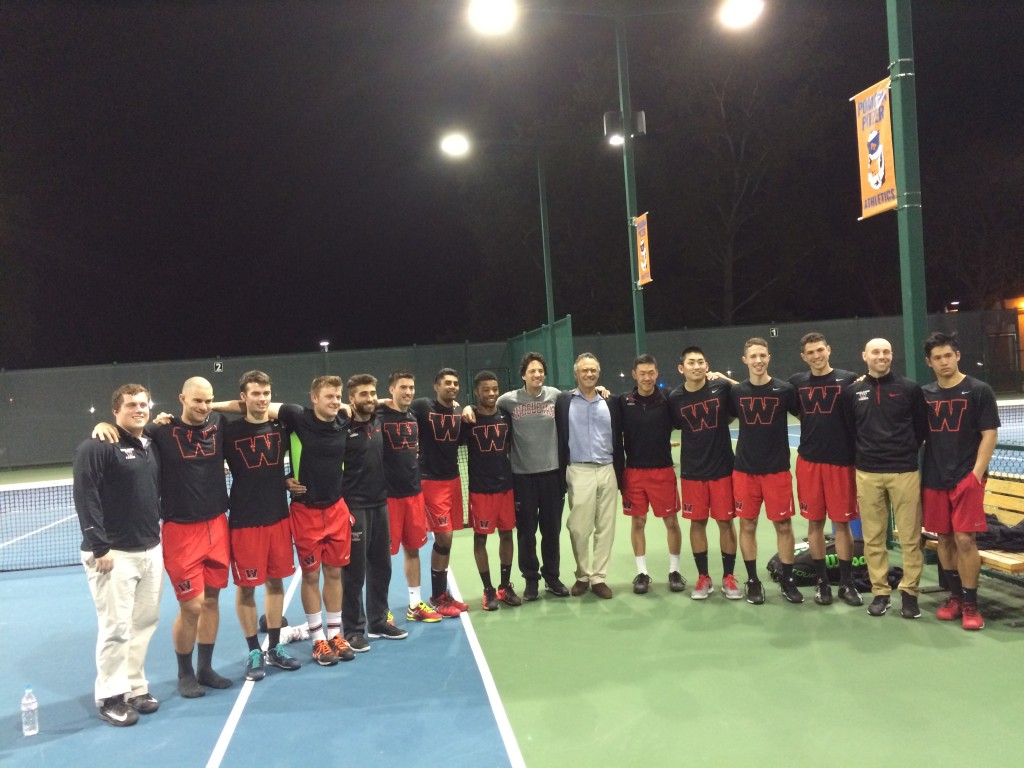
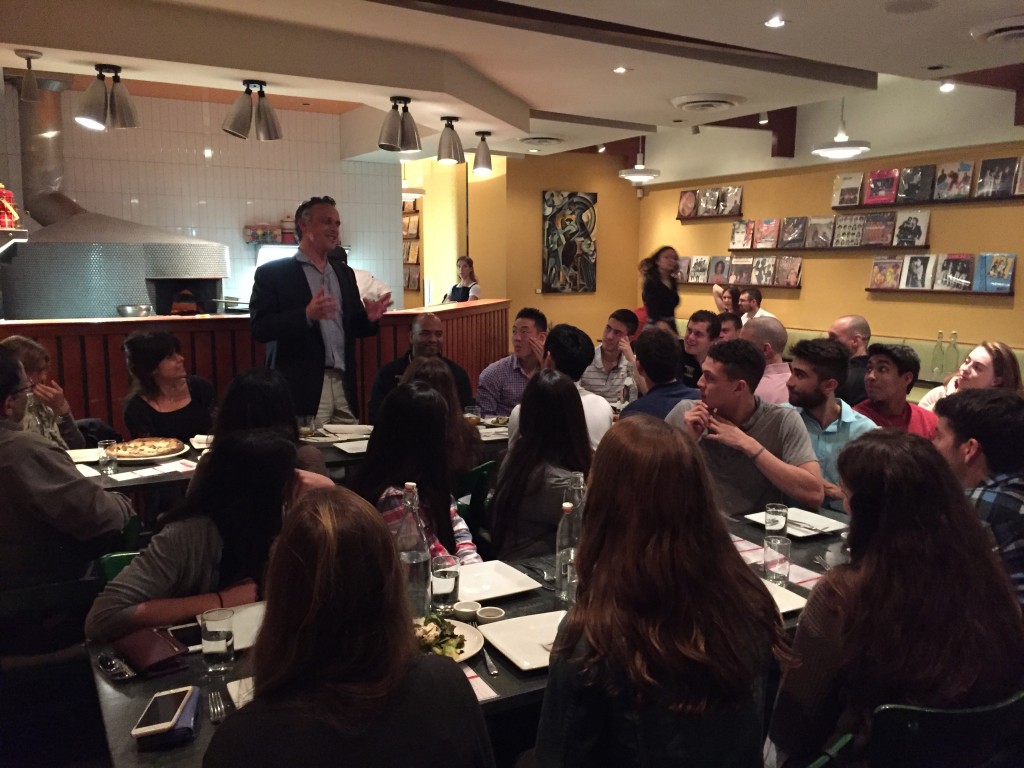
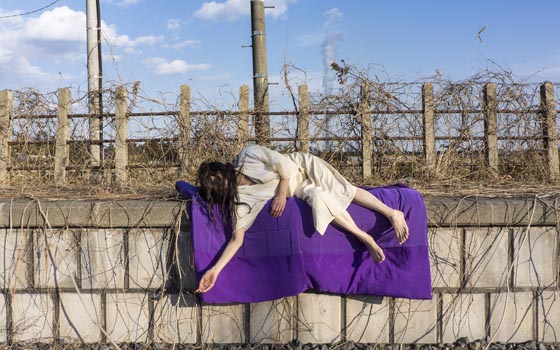
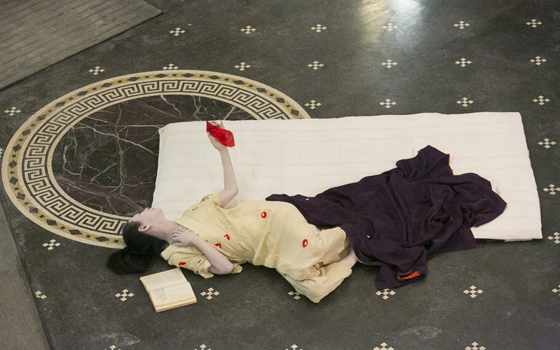
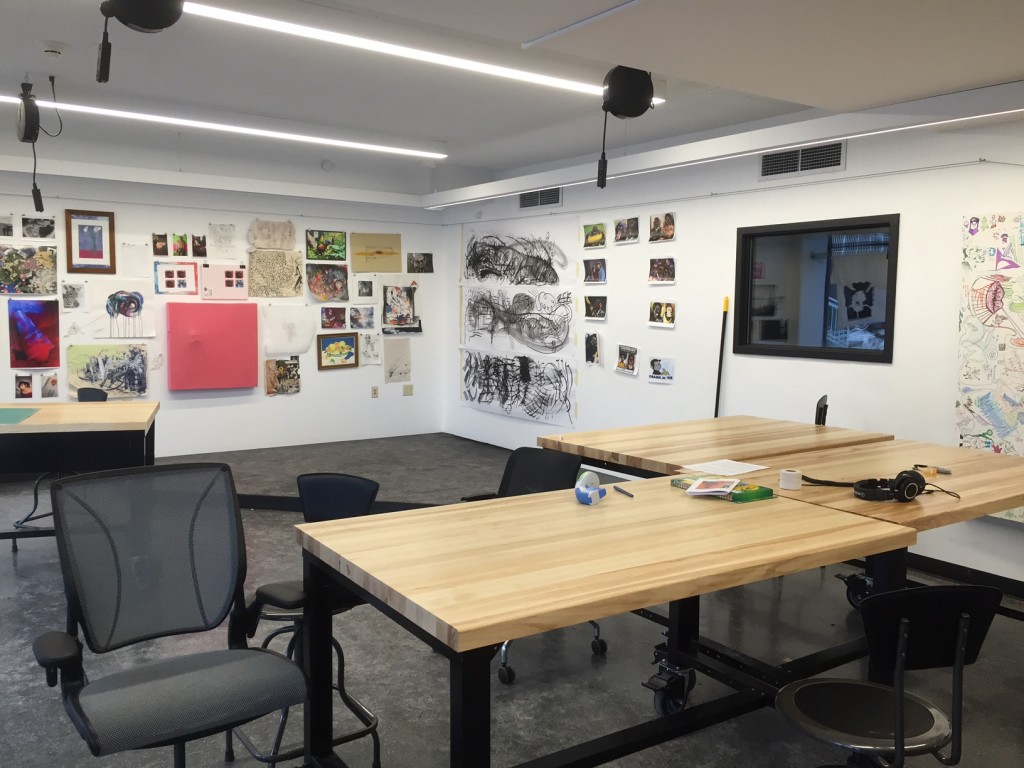
![IMG_1961[2]](https://roth.blogs.wesleyan.edu/files/2016/02/IMG_19612-1024x768.jpg)
![IMG_1963[1]](https://roth.blogs.wesleyan.edu/files/2016/02/IMG_19631-1024x768.jpg)